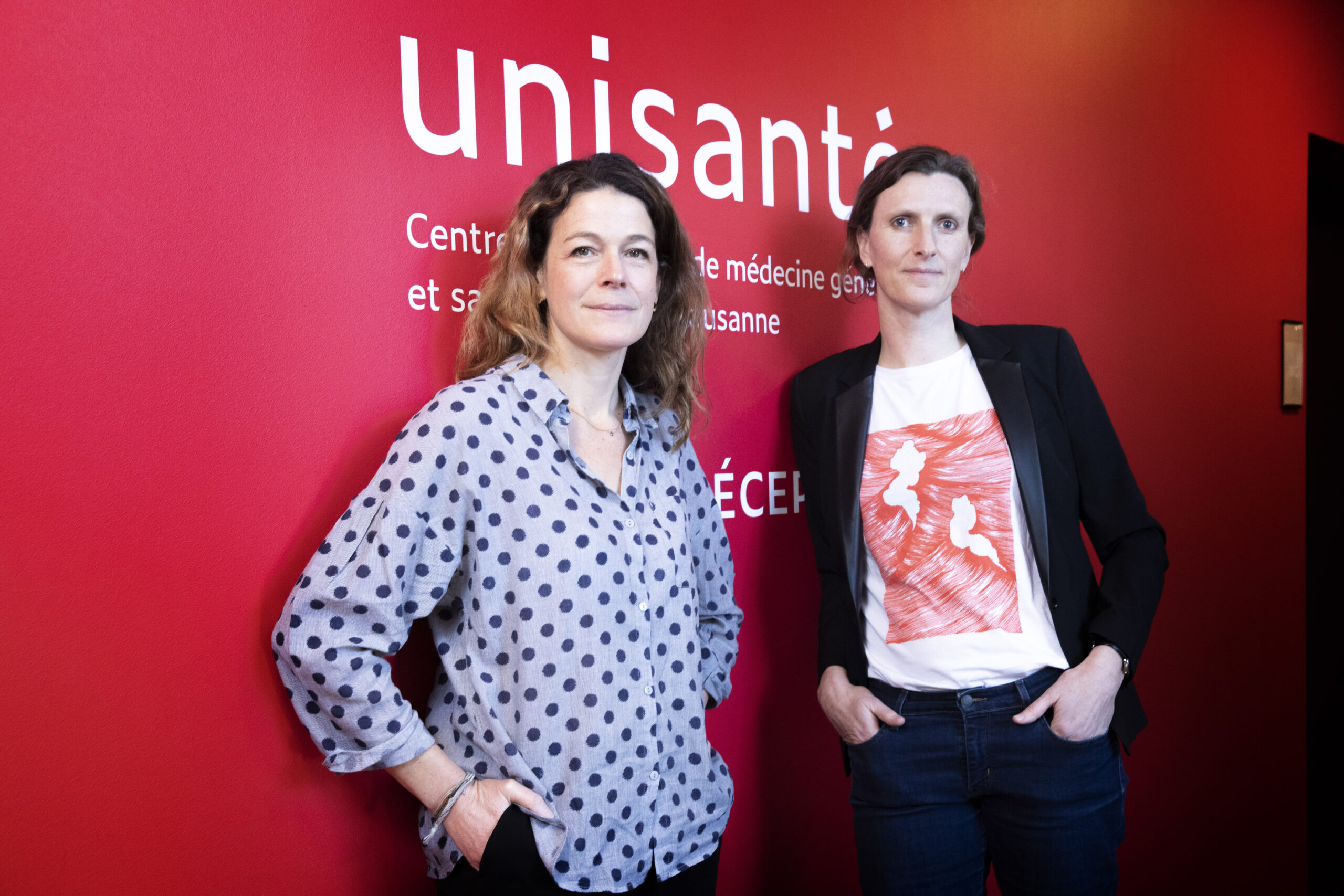Share Twitter Facebook Email Copy URL
Medicine and gender
I would like to share with you the remarkable work of two women I admire: Carole Clair and Joëlle Schwarz, who together run the Medicine and Gender Unit at Unisanté in Lausanne.
I am lucky enough to be friends with Joëlle, a sociologist and doctor in epidemiology. Thanks to her, I discovered the startling disparity in diagnosis and treatment between men and women. It is a little known fact, but the gender of the patient has an impact on their health.

To take a straightforward example, women who have a heart attack have a higher mortality rate than men. Stereotypes tend to delay diagnosis in women, and their doctors are more likely to think that the patient is having an anxiety attack and fail to detect their heart attack on time. Obviously, when my friend Joëlle tells me about this case, I picture an old, paternalistic doctor who, from his lofty scientific perch, fails to listen properly to his patient and wrongly prescribes her anxiety medication even as her heart is about to stop beating.
I possibly exaggerate and get irritated because, historically, medical research has been conducted by men, on men and for men. Fortunately, though, I’m not a doctor, and few people would pay any heed to the irritation I feel. Carole Clair, a professor of medicine, and Joëlle Schwarz are above all implementing a project that is scientific and activist in nature. The Medical and Gender Unit, which they direct, aims to study the influence of sex and gender on health and pass on the relevant knowledge and skills to the professionals concerned, in order to contribute to the fight against health inequalities.
And this is a huge task!
Women are often less well cared for than men for the same pain; they have to wait longer to be given painkillers. When a pre-menopausal woman wants to stop smoking, she is given inadequate care: her metabolism ought in fact to be receiving nicotine substitutes in higher proportions. It has also been observed that some chemotherapy treatments have a different amount of toxicity among women and cause more side-effects. A world is opening up to me, in which gender-blind medicine has serious consequences for women’s health.
Joëlle explains to me nonetheless that it is not always to the detriment of women. Particularly when it comes to osteoporosis and depression, for which women are given better care. Men also suffer from the societal construction of gender. The suicide rate is higher among men. I can imagine a man providing for his family, trapped in a society that expects him to succeed, might not dare to confide in his doctor.
How can these inequalities be remedied?
It starts by making future doctors aware of the gender issue. The University of Lausanne has been a pioneer in recent years with several hours of compulsory teaching in gender medicine. Carole Clair and Joëlle Schwarz are also working on developing a gender measurement index. The project, supported by the Swiss National Foundation for Scientific Research, is aimed at conducting research into healthcare in Switzerland.
Marie Fourquet is based in Lausanne. She is an author, script-writer and radio presenter for the RTS.



